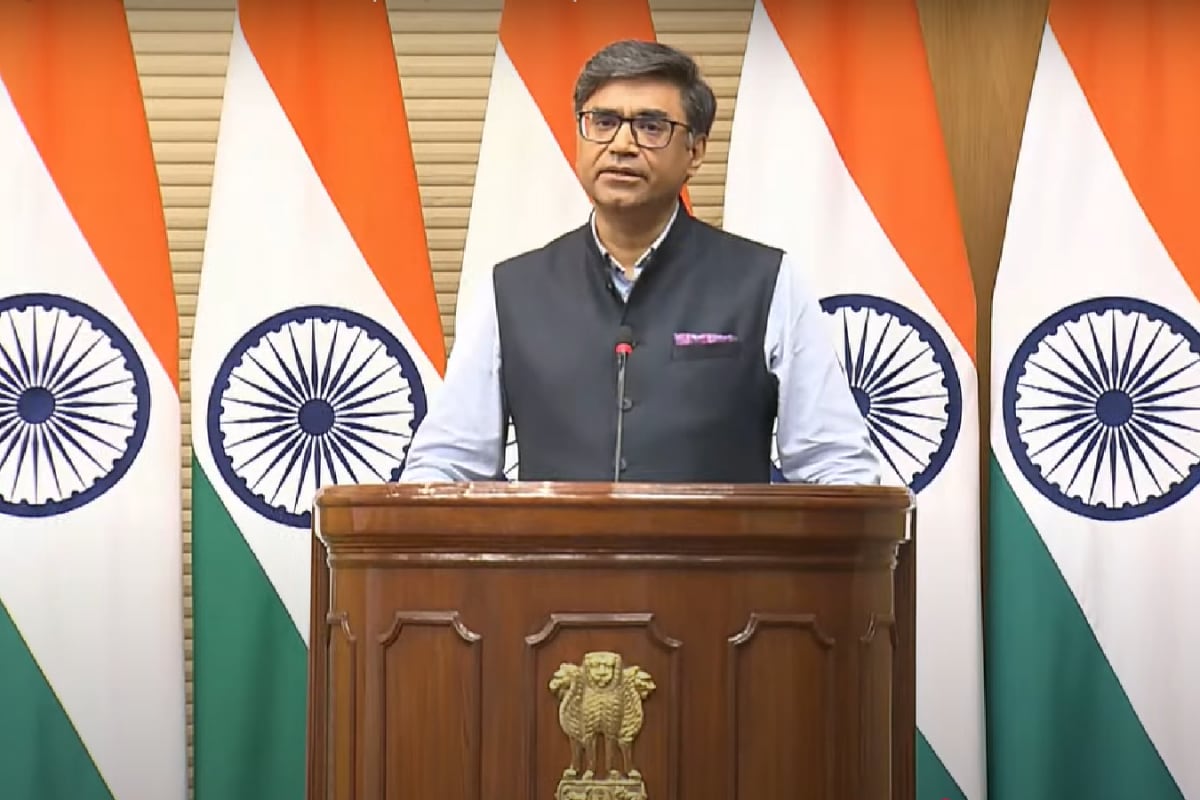

In the wake of the deadly Pahalgam terror attack on April 22, 2025, which claimed the lives of 26 people, mostly tourists, India has embarked on a massive international campaign to expose Pakistan's role in sponsoring cross-border terrorism. Indian Foreign Secretary Vikram Misri has briefed multiple all-party delegations of parliamentarians, emphasizing the "irrefutable evidence" of Pakistan's involvement in the attack. These delegations are now being dispatched to various countries to convey India's concerns and counter Pakistan's narrative on the international stage.
The briefings by Foreign Secretary Misri are aimed at ensuring that the parliamentary delegations are fully equipped with the necessary information and talking points to effectively communicate India's position to foreign governments, think tanks, and media outlets. A key message being conveyed is that the Pahalgam attack was not an isolated incident, but rather a part of Pakistan's long-standing policy of supporting and sponsoring terrorist activities in India.
Misri highlighted that two of the four terrorists involved in the Pahalgam attack were Pakistani nationals. He also drew attention to Pakistan's history of ignoring evidence and failing to take action against terrorists operating from its soil, citing previous attacks such as the 2008 Mumbai attacks and the 2016 Pathankot attack. In a particularly strong statement, one MP quoted Misri as saying that trusting Pakistan to investigate the Pahalgam attack would be like trusting a thief to investigate his own crime.
The composition of the delegations reflects a broad consensus across the Indian political spectrum on the issue of terrorism emanating from Pakistan. The delegations include members from various political parties, including the Congress, BJP, JD(U), DMK, and others. This unified front is intended to send a strong signal to the international community that India is united in its resolve to combat terrorism and hold Pakistan accountable for its actions.
The delegations are visiting a wide range of countries, including members of the United Nations Security Council (UNSC), countries with influence over Pakistan within the Organization of Islamic Cooperation (OIC), and other key partners. This outreach is particularly important as Pakistan is set to chair the UNSC in July 2025. India aims to ensure that Pakistan does not use its position in the UNSC to spread anti-India propaganda or shield itself from scrutiny.
The international campaign comes in the aftermath of "Operation Sindoor," India's military response to the Pahalgam attack, which involved strikes on alleged terrorist infrastructure in Pakistan and Pakistan-administered Kashmir. While India has maintained that the strikes were targeted and proportionate, Pakistan has accused India of aggression and has called for an independent investigation into the Pahalgam attack.
The multi-party delegations are expected to emphasize India's commitment to peace and stability in the region, while also underscoring its determination to take strong action against terrorism. They will convey that India will not tolerate any more terror attacks on its soil and will act decisively to protect its citizens and interests. The message is clear: India has adopted a "new normal" of zero tolerance for terrorism and will hold those responsible to account.